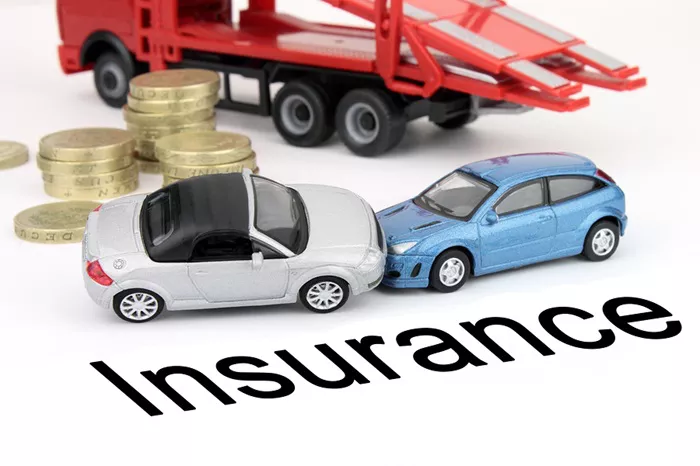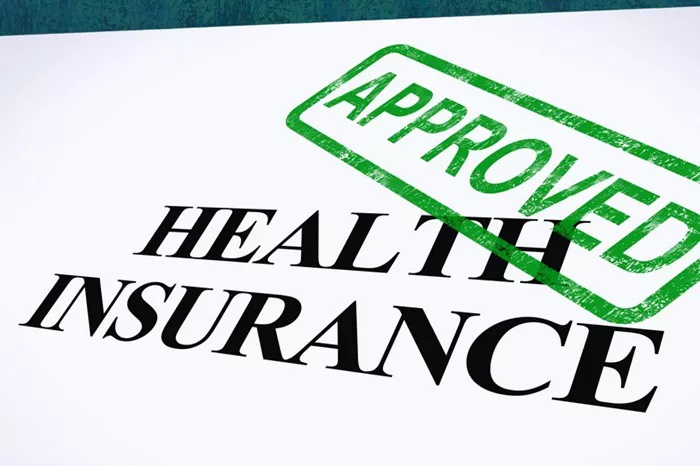When it comes to insuring your vehicle, choosing the right type of coverage can be a daunting task. Among the various options available, agreed value car insurance offers a distinctive approach to valuing and compensating for your vehicle in the event of a total loss. This article provides an in-depth examination of how agreed value car insurance works, including its features, benefits, and potential drawbacks. By understanding this insurance type, you can make an informed decision about whether it is the right choice for you.
What Is Agreed Value Car Insurance?
Agreed value car insurance is a policy where the insurer and the policyholder agree on a specific value for the vehicle at the beginning of the policy term. In the event of a total loss, such as a theft or irreparable damage, the insurer will pay out the agreed amount rather than the vehicle’s depreciated market value. This type of insurance is particularly beneficial for vehicles that are difficult to value, such as classic cars, custom-built vehicles, or high-value automobiles.
How Agreed Value Car Insurance Works
The process of agreed value car insurance involves several key steps:
Determining the Agreed Value: At the start of the policy, the insurer and the policyholder agree on a value for the vehicle. This value is established based on factors such as the vehicle’s condition, age, mileage, and any modifications or upgrades. An independent appraisal may be used to determine this value.
Policy Issuance: Once the agreed value is set, the policy is issued with coverage based on that value. The policyholder pays premiums based on the agreed value, which can be higher than standard policies due to the increased coverage limits.
Claim Settlement: If the vehicle is totaled or stolen, the insurer will pay out the agreed value. This payout is fixed and does not fluctuate with market conditions or vehicle depreciation.
Setting the Agreed Value
The agreed value is crucial as it determines the payout in case of a claim. Several factors influence this value:
Vehicle Condition: The overall condition of the vehicle, including its interior and exterior, affects its value. Well-maintained vehicles with original parts and minimal wear generally have a higher agreed value.
Mileage: Lower mileage typically increases the vehicle’s value, as it indicates less wear and tear. High mileage can decrease the agreed value due to the increased likelihood of mechanical issues.
Market Comparisons: The agreed value is often based on recent sales of similar vehicles. Insurers may use market data to establish a fair value that reflects current trends and conditions.
Modifications and Upgrades: Customizations or upgrades, such as performance enhancements or aesthetic modifications, can increase the vehicle’s value. These factors are considered when setting the agreed value.
Benefits of Agreed Value Car Insurance
Fixed Payout: The primary benefit of agreed value car insurance is the fixed payout amount. This ensures that you receive the agreed sum in the event of a total loss, providing financial stability and predictability.
Protection for High-Value and Classic Cars: Agreed value insurance is especially beneficial for high-value, classic, or custom vehicles that may not have a clear market value. This coverage ensures that these vehicles are insured for their true worth.
Peace of Mind: Knowing the exact amount you will receive in case of a claim provides peace of mind. You can rest assured that you will be compensated fairly without worrying about depreciation or market fluctuations.
Drawbacks of Agreed Value Car Insurance
Higher Premiums: Agreed value car insurance often comes with higher premiums compared to standard policies. This is due to the increased coverage limits and the detailed valuation process.
Appraisal Costs: Setting the agreed value usually requires an independent appraisal, which may involve additional costs. This process can be time-consuming and requires accurate and up-to-date information.
Limited Availability: Not all insurance providers offer agreed value car insurance. This limitation can restrict your options and may require additional research to find suitable coverage.
See Also: How Does It Work When You Rent a Car
Agreed Value vs. Market Value Insurance
Market Value Insurance: Unlike agreed value insurance, market value insurance compensates based on the vehicle’s market value at the time of the claim. This value considers depreciation and changes in market conditions.
Comparison: Agreed value insurance provides a fixed payout, offering stability and certainty. In contrast, market value insurance reflects the vehicle’s depreciated worth, which may result in lower compensation.
Choosing the Right Type: The choice between agreed value and market value insurance depends on your vehicle’s type, value, and personal preferences. Classic and high-value cars often benefit from agreed value coverage, while standard vehicles may be adequately covered by market value insurance.
How to Choose Agreed Value Car Insurance
Assess Your Vehicle’s Value: Before purchasing agreed value insurance, have your vehicle appraised by an independent expert. This will help determine an accurate and fair agreed value that reflects the vehicle’s true worth.
Compare Insurance Providers: Research different insurers to find those that offer agreed value car insurance. Compare their terms, coverage options, and premiums to select the best policy for your needs.
Review Policy Terms: Carefully review the terms and conditions of the agreed value policy. Ensure you understand the coverage limits, any exclusions, and the process for setting and adjusting the agreed value.
Consider Future Changes: If you make significant modifications or upgrades to your vehicle, inform your insurer and adjust the agreed value accordingly. This ensures that your coverage remains accurate and reflects the vehicle’s current worth.
Conclusion
Agreed value car insurance provides a unique approach to valuing and compensating for your vehicle in the event of a total loss. By offering a fixed payout amount, agreed value insurance ensures financial stability and peace of mind, particularly for high-value, classic, or custom vehicles. While it offers significant benefits, such as protection from depreciation and market fluctuations, it also comes with higher premiums and potential appraisal costs. Understanding how agreed value car insurance works, comparing it with market value insurance, and carefully selecting the right policy can help you make an informed decision and secure the best coverage for your vehicle.
FAQs
1. What is the main advantage of agreed value car insurance over market value insurance?
The main advantage of agreed value car insurance is the fixed payout amount that you receive in the event of a total loss. This ensures that you are compensated for the agreed value of your vehicle, regardless of its current market value or depreciation. Market value insurance, on the other hand, provides compensation based on the vehicle’s depreciated market value at the time of the claim. This can result in a lower payout if the vehicle has depreciated significantly. Agreed value insurance offers financial stability and peace of mind by guaranteeing a predetermined amount, which is especially beneficial for high-value, classic, or custom vehicles that may not have a clear market value.
2. How is the agreed value for a vehicle determined?
The agreed value for a vehicle is determined through a process that involves evaluating the vehicle’s condition, mileage, and any modifications or upgrades. This value is typically established with the help of an independent appraisal or valuation. The appraiser considers factors such as the vehicle’s age, overall condition, and recent market trends for similar vehicles. The agreed value reflects a fair amount that the insurer and policyholder agree upon at the beginning of the policy. This predetermined amount ensures that you receive a fair payout in the event of a total loss, without being affected by market fluctuations or depreciation.
3. Are there additional costs associated with agreed value car insurance?
Yes, there are potential additional costs associated with agreed value car insurance. One of the main costs is the independent appraisal required to determine the vehicle’s agreed value. This appraisal can involve fees and may be necessary periodically to ensure that the agreed value remains accurate. Additionally, agreed value car insurance policies generally come with higher premiums compared to standard market value policies due to the increased coverage limits and the detailed valuation process. It is important to factor in these costs when deciding whether agreed value insurance is the right choice for your vehicle.
4. Can the agreed value be adjusted during the policy term?
Yes, the agreed value can typically be adjusted during the policy term if significant changes occur. For example, if you make substantial modifications or upgrades to your vehicle, you should inform your insurer and request a reevaluation of the agreed value. This ensures that the coverage reflects the current worth of the vehicle. Some insurers may require periodic appraisals to adjust the agreed value accordingly. It is important to keep your insurer informed of any changes to maintain accurate coverage and avoid potential disputes in the event of a claim.
5. Is agreed value car insurance suitable for all types of vehicles?
Agreed value car insurance is particularly suitable for high-value, classic, or custom vehicles that may not have a clear market value. It provides a fair payout based on a predetermined amount, which is beneficial for vehicles that do not depreciate in a typical manner. However, for standard vehicles with a clear market value, market value insurance may be adequate and more cost-effective. It is important to assess your vehicle’s type and value when deciding on the most appropriate insurance coverage. Consulting with an insurance professional can help you determine whether agreed value insurance aligns with your needs and preferences.






















